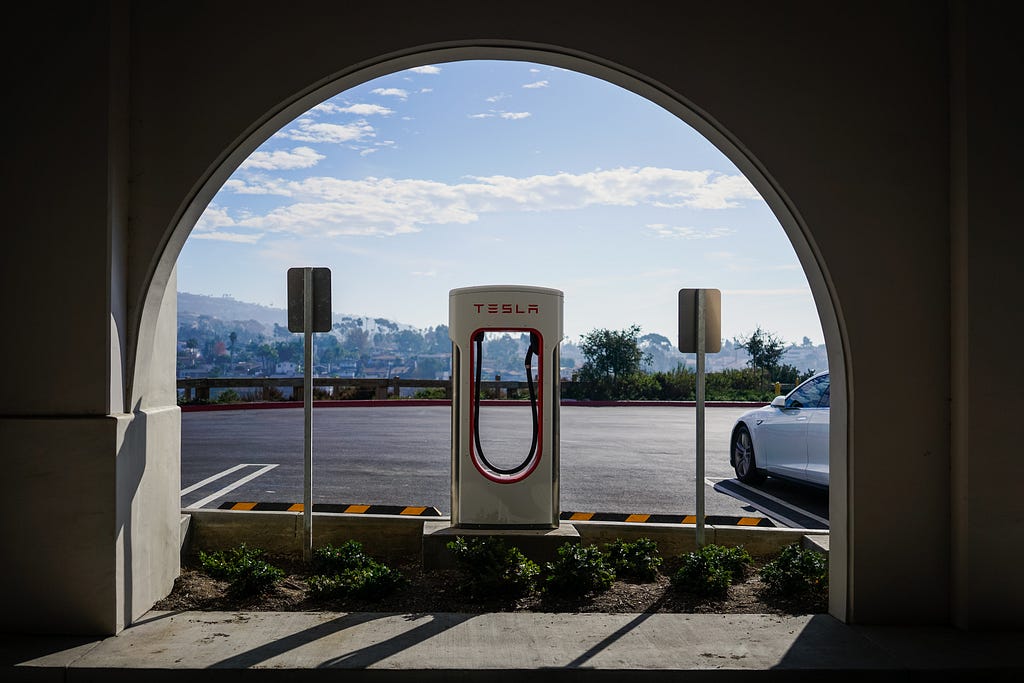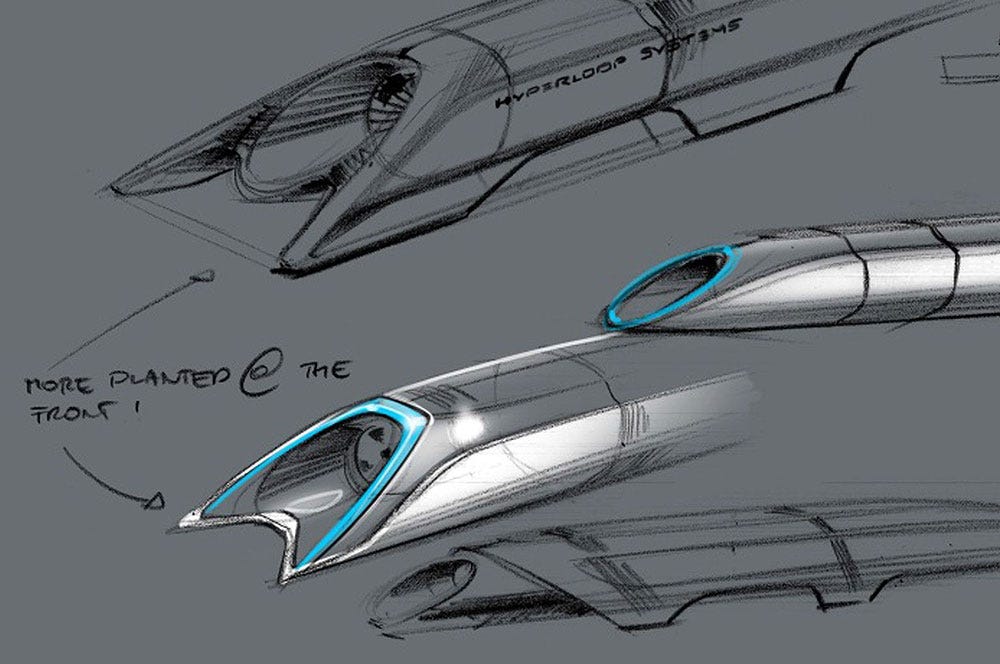Latest news about Bitcoin and all cryptocurrencies. Your daily crypto news habit.
 Photo by Chase Lewis on UnsplashOpen Source Your Technology
Photo by Chase Lewis on UnsplashOpen Source Your Technology
The success of a company is not entirely attributed to the performance of the founder, but the value creation for the user. One of the best ways to create value for the user is to treat them as co-developers, finding bugs and testing code. Allowing users to participate in value creation forms a defensible moat around your business making it impenetrable for competitors to break through. In many cases, these network effects lead to new market creation and are driven by open-source technology.
Open-source technology, coined in the ’90s to evolve the field of computing, denotes software for which the original source code is made freely available and may be redistributed and modified. Open-source technology is often developed and distributed in a collaborative public manner. Corporations such as IBM, Oracle and Google have contributed to the adoption of open-source software, resulting in savings of billions per year to consumers. Sharing also allows for feedback and the opportunity to see problems or opportunities that you couldn’t otherwise find on your own.
One of the best leaders to utilize open-source technology is Elon Musk. In 2014, Musk, Tesla Inc. CEO, decided to open the electric car company’s technology to the public. He removed all patents, in the spirit of the open source movement, for the advancement of electric vehicle technology. Musk stated in a company press release:
“Tesla Motors was created to accelerate the advent of sustainable transport. If we clear a path to the creation of compelling electric vehicles, but then lay intellectual property landmines behind us to inhibit others, we are acting in a manner contrary to that goal. Tesla will not initiate patent lawsuits against anyone who, in good faith, wants to use our technology.” — Elon Musk
Musk worked hard to obtain patents for IP protection from big car companies only to soon realize that patents stifled progress. Musk believed that Tesla, other companies making electric cars and the world would all benefit from a common, rapidly-evolving technology platform:
“Technology leadership is not defined by patents, which history has repeatedly shown to be small protection indeed against a determined competitor, but rather by the ability of a company to attract and motivate the world’s most talented engineers. We believe that applying the open source philosophy to our patents will strengthen rather than diminish Tesla’s position in this regard.” — Elon Musk
Musk has taken the same position with Hyperloop, a high-speed rail technology that he invented. Musk open-sourced the technology to the public and encouraged anyone to build on top of the software. The company currently provides these services to innovators, governments and universities across the world interested in high-speed transportation technology and solutions. Richard Branson’s Virgin Group has even invested in advancing the technology.
 In 2013, Elon Musk publishes the Hyperloop Alpha white paper and shares it with the world.
In 2013, Elon Musk publishes the Hyperloop Alpha white paper and shares it with the world.
Musk knows that leading-edge technology takes a long time to develop, gain regulatory approval and turn a profit — and the pace of innovation will accelerate with the more users involved in value creation. In Musk’s case, open-sourcing technology has been the answer. Some times, the fastest way to create a market is by attracting co-developers into the process.
Thanks for reading. If you enjoyed this article, please click and hold the 👏 to say “thanks!” and help others find this article.
How Elon Musk Creates New Markets Faster Than Anyone Else was originally published in Hacker Noon on Medium, where people are continuing the conversation by highlighting and responding to this story.
Disclaimer
The views and opinions expressed in this article are solely those of the authors and do not reflect the views of Bitcoin Insider. Every investment and trading move involves risk - this is especially true for cryptocurrencies given their volatility. We strongly advise our readers to conduct their own research when making a decision.